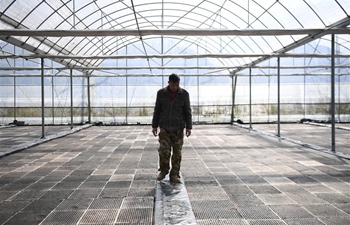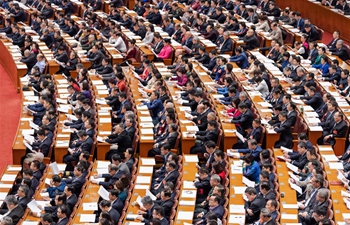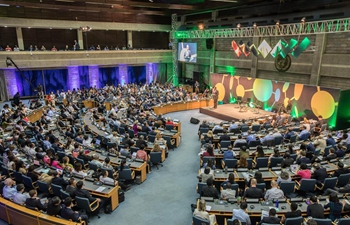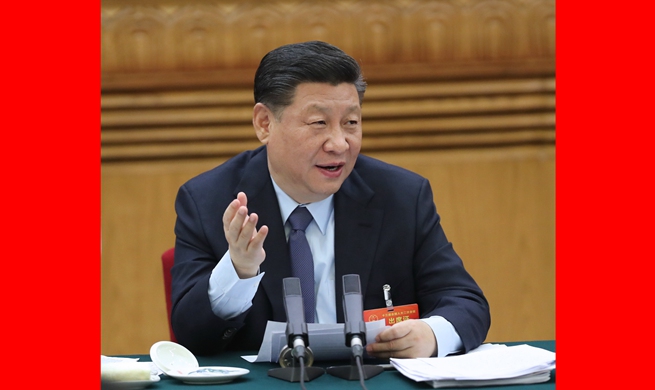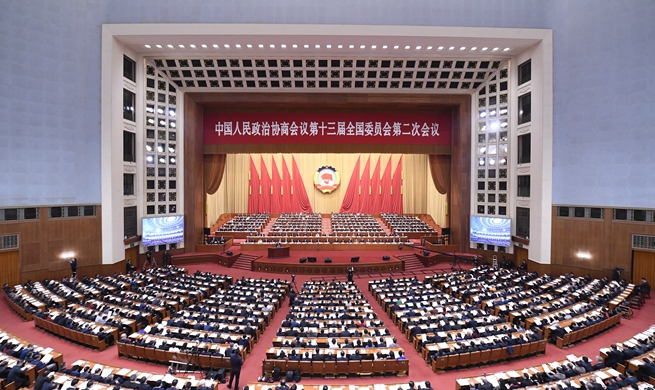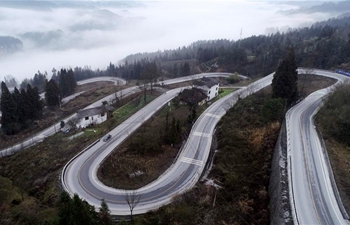JERUSALEM, March 10 (Xinhua) -- Israeli and U.S. researchers have developed a method to assess the "age" of patients' immune system, thus predicting mortality in elders, Israel Institute of Technology (Technion) reported on Sunday.
During life, everyone undergoes slow and constant functional weakening of the immune system, with an increase in inflammatory processes.
Aging of the immune system has devastating consequences, including an inability to cope with infections and an increased risk of chronic diseases such as cancer.
The quantification of the immune system's aging is a complex challenge that requires multidimensional monitoring over time.
The Technion scientists, along with scientists from Stanford University, California, have been able to quantify the changes in the immune system that happen over the years.
In nine years, they characterized once a year the immune systems of 135 healthy people of different ages and built a model that quantifies these changes in a specific person.
The data enabled the researchers to quantify the immune age in an index called "IMM-AGE score," which provides information that the chronological age can't tell.
Using the new method, the researchers quantified the immunization age of more than 2,000 elders and showed that high immune age predicts mortality in older people, beyond the known risk factors.
According to the researchers, the immune age is a kind of biological clock that will help identify an early weakening of the immune system, and now they are trying to define preventive measures to reduce disease and mortality.
The researchers believe that with the new method, they will also be able to characterize genes that affect immunization age, and even identify lifestyle, habits and medications that affect the "age."





